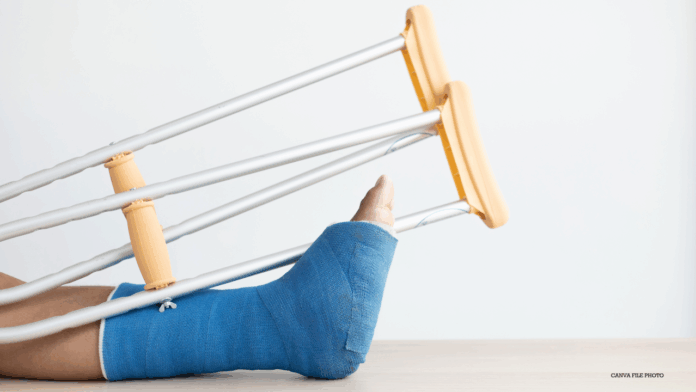Regardless of whether they are amateurs or professionals, athletes take it upon themselves to take care of their bodies. Heck, even your friendly neighborhood hobbyist jogger takes a certain amount of precaution to not get hurt.
Any injury – a slight ankle sprain, a broken finger, or a torn ACL – can and will always bring psychological effects to an athlete. This is because for someone who has spent years perfecting their craft, the sudden stop in the seemingly infinite loop of doing the same routine for decades is like losing a part of themselves.
Some of us are born to be athletes. Not in a literal sense, but there are those who were brought up in the world of sport at a very young age who have developed a “self-concept” and “deep psychological investment.” Cutting this short, especially for those who have made their sport their career, can feel like a part of their identity has been erased.
Sports Injury Bulletin explained that athletes often define themselves based on their achievements, recognitions, and the roles that they play. In turn, society sees them as inspiration and a symbol of success and physical excellence. But when their careers as athletes end because of an injury, it may result in loss of social status, purpose, and public recognition.
Today’s sports psychologists understand that and end of a sports career due to an injury is a difficult time for an athlete and can trigger a whirlwind of emotions, including denial, anger, mourning, and anxiety. Studies have also shown that athletes with career-ending injuries are more likely to develop depression and substance abuse compared to those who retired on their terms.
Along this line, athletes need to understand – and embrace – the fact that their careers won’t last forever. Something’s got to give at some point in their story, and they must be prepared to have a life when it’s time to see their names up in the rafters.
This is where psychological resilience comes into play. An athlete can withstand and recover from a difficult or stressful situation, such as a career-ending injuries. It also encompasses the capacity to effectively cope with adversity, manage stress, and maintain a positive mental attitude.
The Mental Game Clinic also identified emotional resilience as something that is not about “bouncing back,” but adapting to a new path and redefining their identity beyond their previous role. In addition, the practice of emotional agility, future self-visualization, curiosity, and cognitive reframing can help athletes and high performers navigate post-injury transitions.



